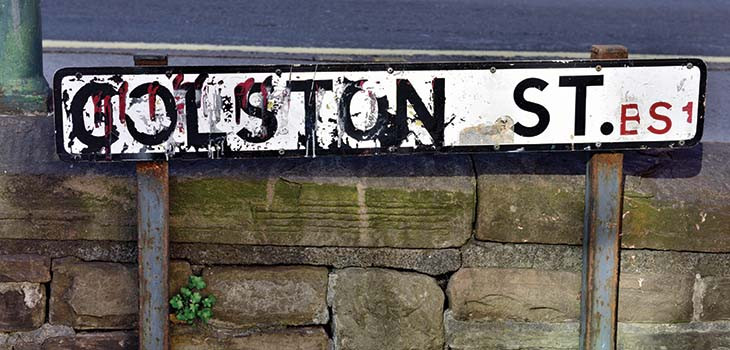
- Criminal damage during public protest.
- Proportionality under the European Convention on Human Rights.
- Withdrawing the issue from the jury.
The policing of public protest grows increasingly complex. A seemingly endless list of causes about which their adherents demand that the world signals its agreement, combined with the increasing impact of the European Convention on Human Rights (ECHR) in criminal cases—particularly the principle of proportionality—has resulted in a glut of decisions in which the appellate courts have had to grapple with the competing interests of protestors and of the public at large.
Recent cases have related to the blocking of a highway leading to an international arms fair, the occupation of land earmarked for the HS2 high-speed rail link, a rally in Central London against the actions of the state of Israel, Extinction Rebellion’s demands for global action against climate change, an airport protest highlighting the polluting effects of









